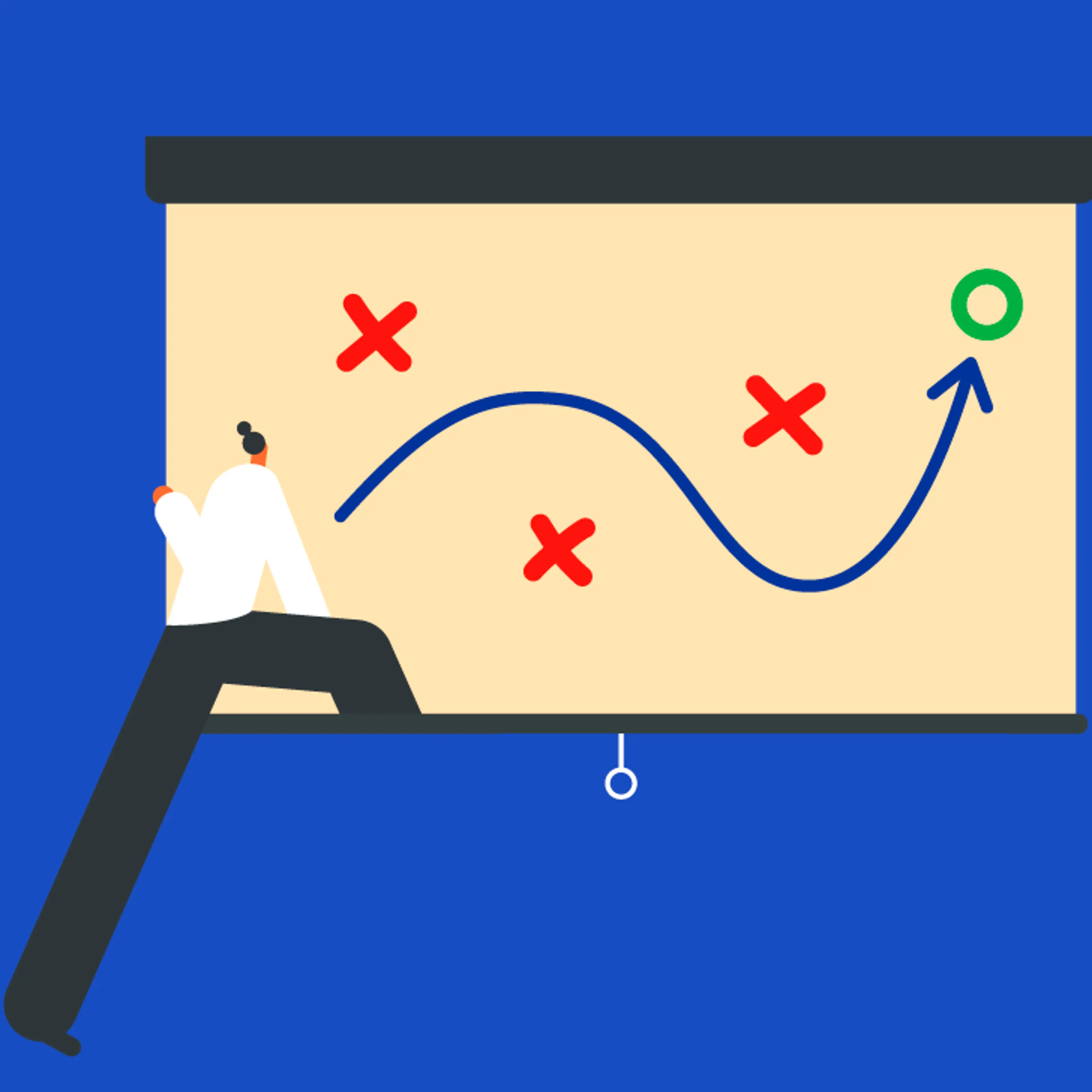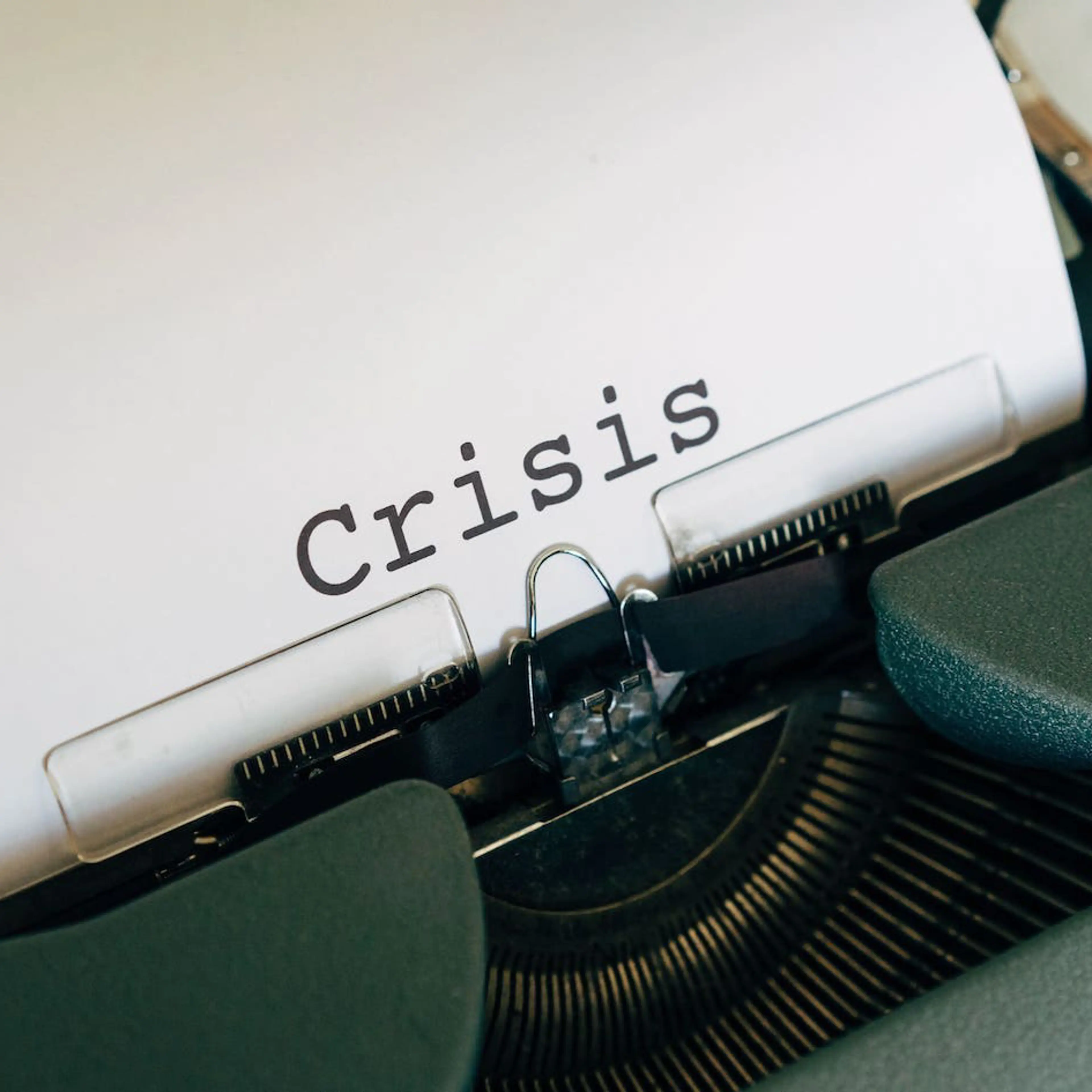Dilemma: Taking a financial or a reputational hit?
Suddenly leaving a country behind years of investment is costly, although it is easier for firms with limited physical assets like Maersk than for companies with manufacturing facilities like Rockwool or Carlsberg. Selling foreign assets in Russia has become even more expensive now that the Russian government has effectively started charging a 10% tax on these deals. But the reputational damage from staying can equally be costly, as Ecco has experienced among others by losing its status as a royal supplier.
The trade-off between operational and reputational concerns can be easily solved when operational costs of exiting are high and reputational costs of staying are low. In this scenario, firms will stay. Similarly, the decision is straightforward when operational costs of exiting are low but reputational costs are high. Firms will leave. When both are low, arguments of convenience will prevail. For instance, Novo Nordisk and other pharmaceutical firms use the argument that medical needs of people must prevail.
The interesting cases, however, occur when both costs are high. Carlsberg and Ecco are good examples of this: Both companies had significant operations in Russia, making a withdrawal very costly. But both also faced real reputational damage by continuing their business in Russia. Eventually, Ecco decided to weather the storm, whilst Carlsberg, after some deliberation, made its way for the exit but in a protracted way. Resolving this kind of trade-off is one of the hardest leadership challenges managers will encounter in the years to come, given the recent geopolitical developments. So how can they go about it?
Acquire a profound awareness of company circumstances
When making the decision to stay or go, managers must take into account the specifics of their company, the industry they operate in, and the countries they are from and operate in when considering their investments. This may sound obvious, but the turmoil produced by the Russian invasion shows that it is not.
For instance, firms in the pharmaceutical industry, like Novo Nordisk, will always have strong arguments to stay put and shield from ethical accusations because they are saving lives by doing so. But other firms like consumer goods companies could quickly be accused of aiding war efforts or other simmering geopolitical situations by producing and selling goods of no basic necessity that help sustain the local economies and their governments.
Change mindset: preparedness is everything!
Years of relative geopolitical stability lulled companies into believing this was the new normal. But we have discovered it is not. As Anders Holm, the CEO of Sportsmaster Denmark, said “Nobody has prepared on how to lead in times of war. This is entirely new for all of us". The current global shift toward greater geopolitical instability requires a change of mindset because there is no one-size-fits-all solution for how to deal with it. Gone are the times of incident-based responses.
Preparedness for geopolitical storms is the new normal to avoid being caught in the crossfire. Preparedness requires a profound awareness of company circumstance (e.g. corporate identity, operation reversibility, technological appropriability, rivals’ strategic posture) and their influence on operational and reputational costs. This is our first advice to business leaders: Be prepared.



